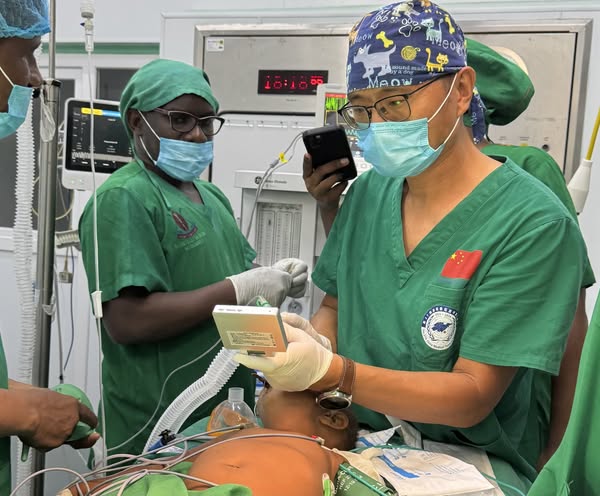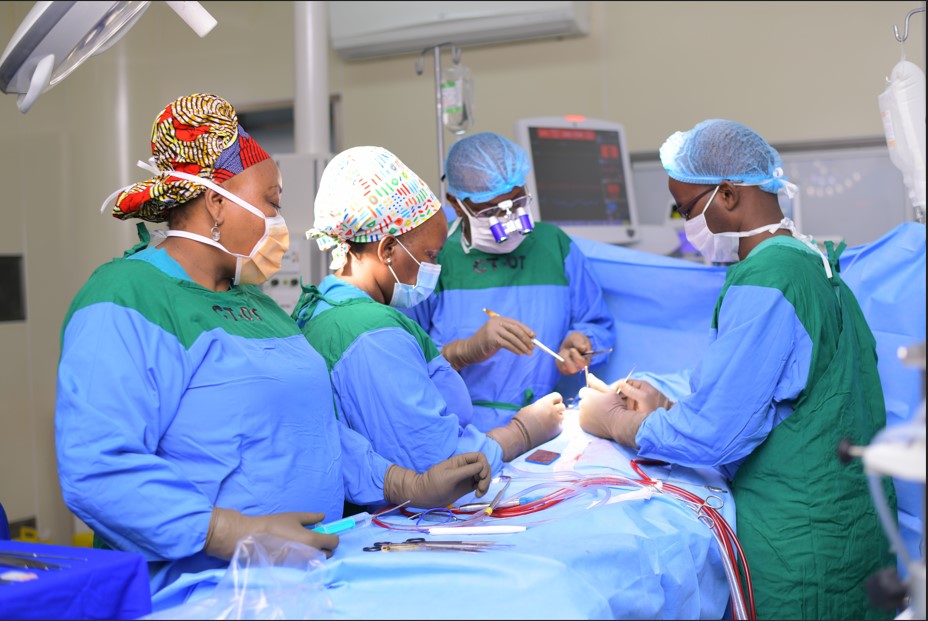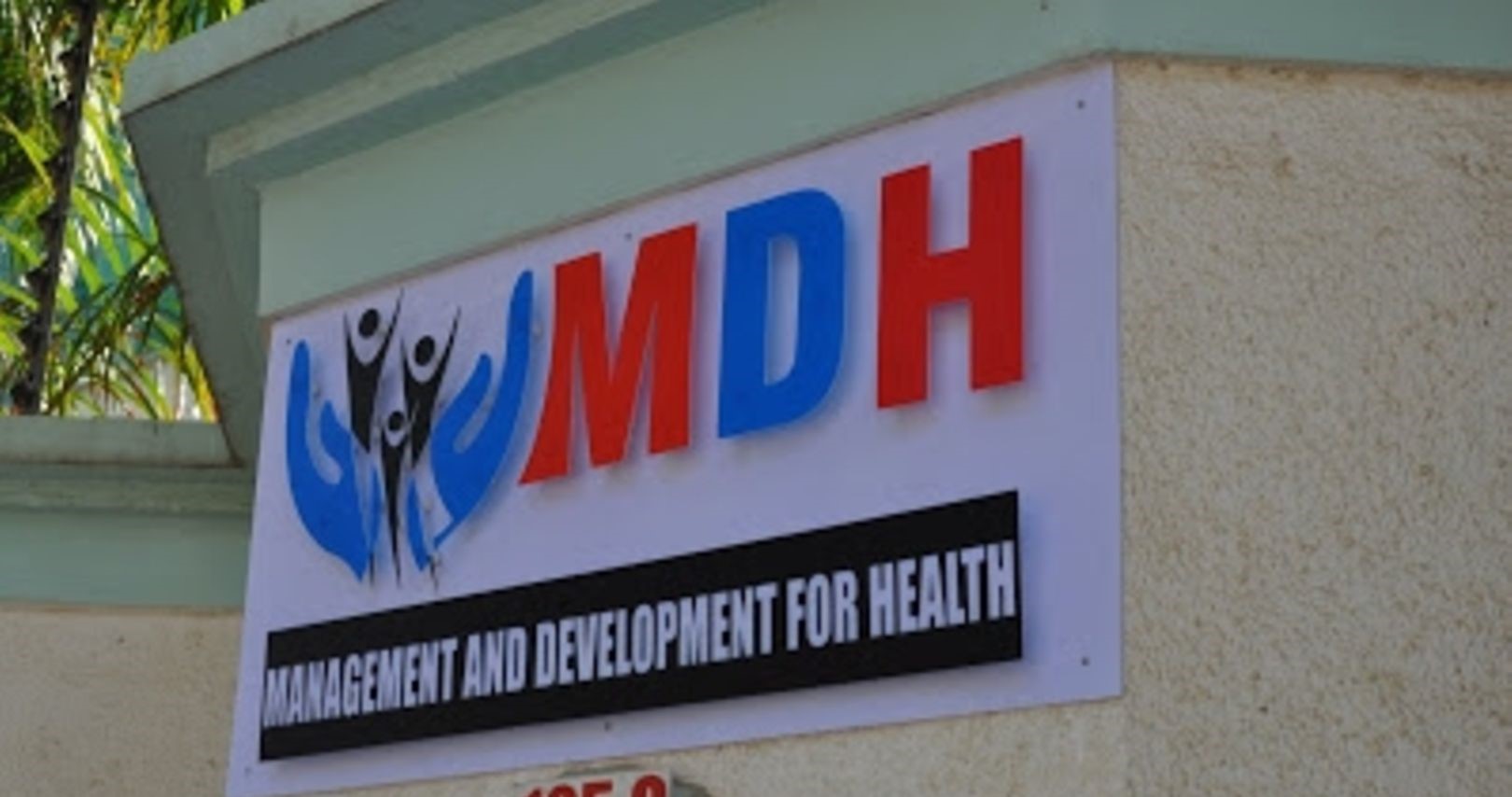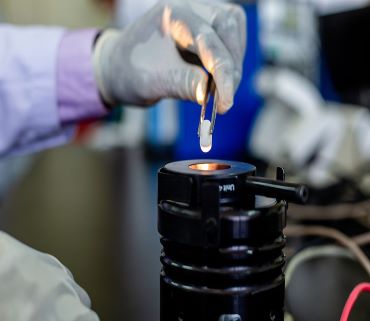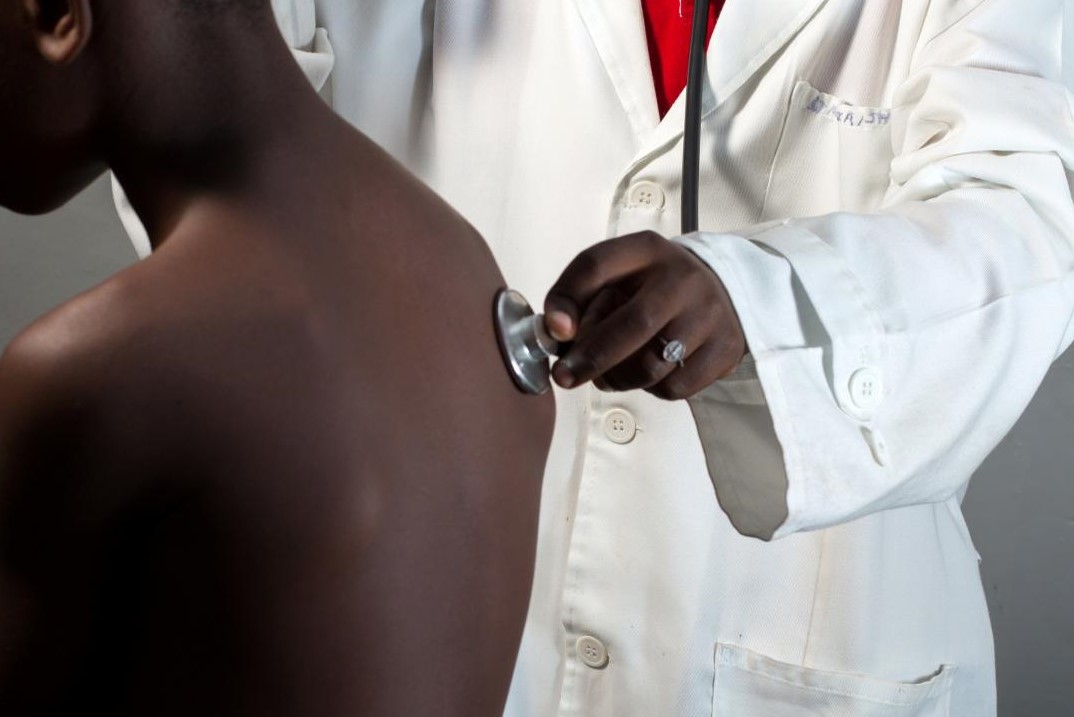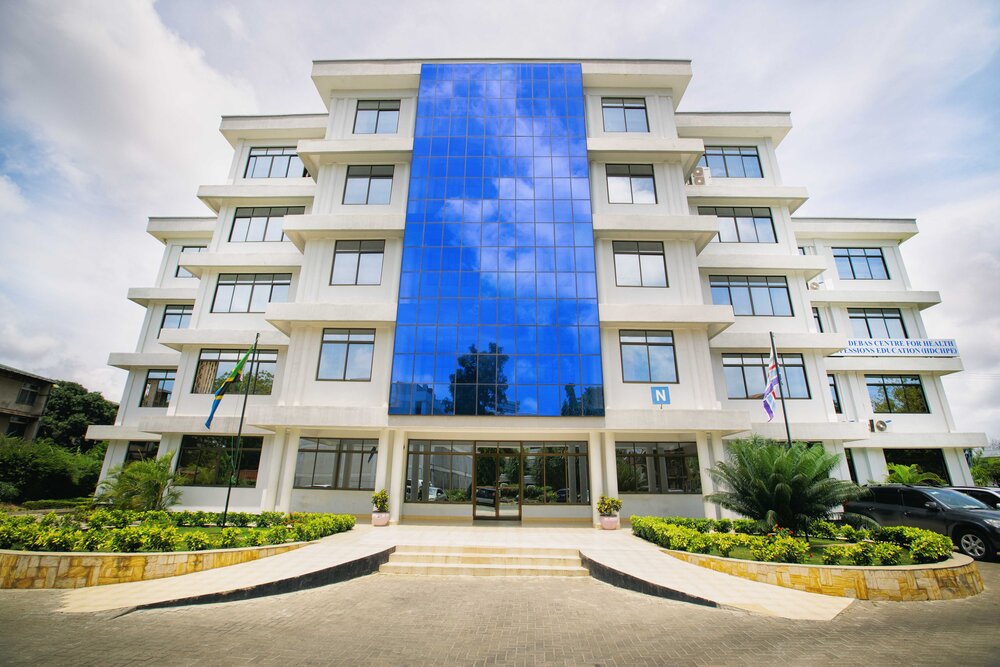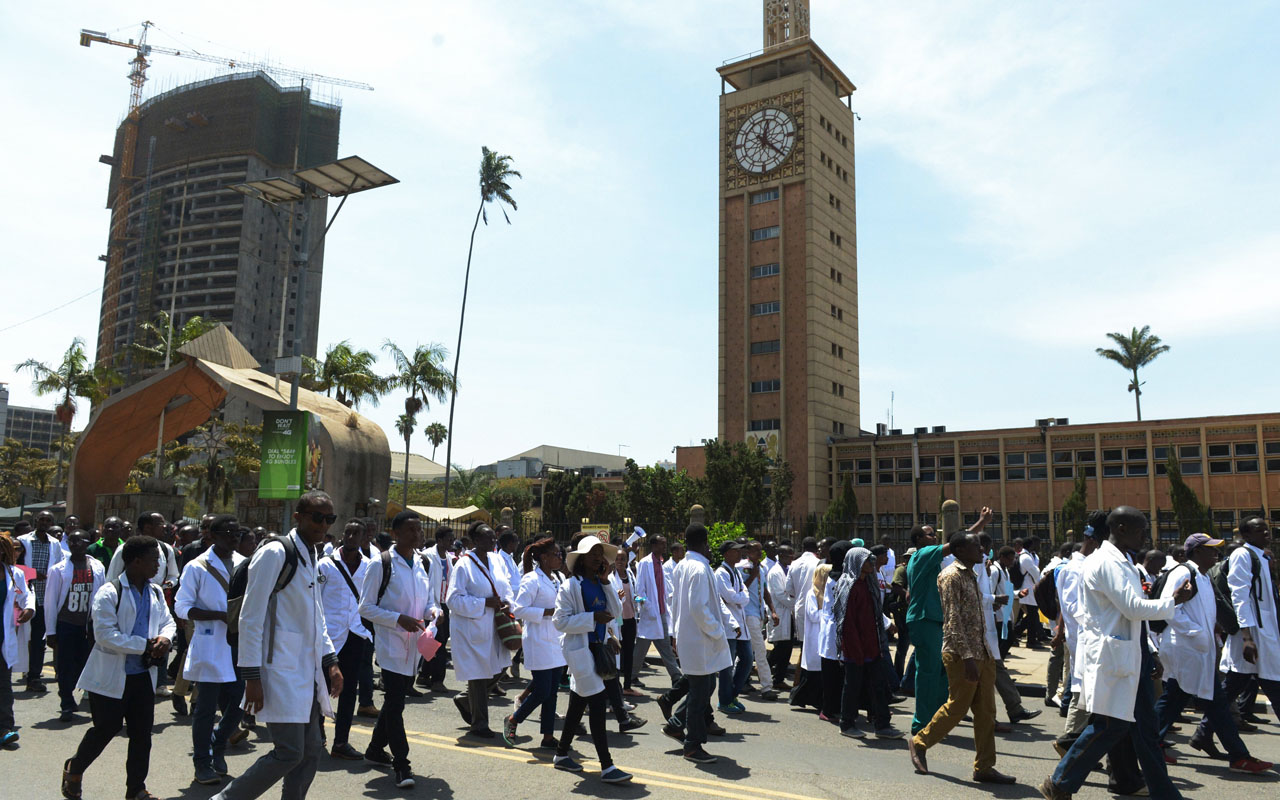Have you ever doubted the accuracy of the ‘500mg’ or ‘250mg’ written on some tablets to signify the strength of the medicine that you obtain at a nearby pharmacy? Not many people tend to doubt this, yet somewhere in Africa, a section of medicine manufacturers from across the pharma industry may not get it right during their drug manufacturing process and data analysis.
Professor Eliangiringa Kaale, a Tanzanian pharmacist with over a decade’s experience in health and medicines regulatory systems in Eastern and Central Africa, says that many pharmaceutical firms in Africa are yet to invest adequately in External Quality Assessment(EQA) of their laboratory and industrial practices and this leads to gaps in drug formulation and proficiency lab testing.
The problem is significant. It happens that a patient could be given a drug; let’s say paracetamol or any other. In appearance, it may be okay, with the right dose strength written on it, but the patient who takes it, may not get relieved of pain. Why? In most cases, the problem is with how the drug has been formulated. This is the challenge facing many of our local drug manufacturers
Prof. Eliangiringa Kaale
To help drug manufacturers prove the effectiveness of their quality assurance systems and address some gaps in their drug processing and analysis, Prof Kaale is leading a unique Pharmaceutical Research and Development (Pharm R&D) Laboratory that seeks to promote good pharmaceutical practices in Tanzania and Africa in general.
The €1 million (TSh2.7billion) laboratory project, housed in the School of Pharmacy of the Muhimbili University of Health and Allied Sciences (MUHAS), in July 2020 became the first in Africa to attain ISO accreditation as a Proficiency Testing (PT) provider on solid dosage forms of drugs such as tablets and capsules. The accreditation is per requirements of ISO/IEC 17043:2010.
The development follows a successful implementation of the regional capacity building programme for proficiency testing services in the pharmaceutical sector by the East African Community (EAC) secretariat in cooperation with the Germany Metrology Institute (PTB).
Why Proficiency Testing?
According to the Tanzania Medicines and Medical Devices Authority (TMDA), proficiency testing is among the key quality assurance tools used to determine the performance of laboratories for specific tests and therefore, is important in monitoring the laboratories’ continuing performance.
In Africa’s pharmaceutical sector, PT services are still limited, with over 20 countries on the continent seeking to advance their practices through the R&D Lab, based in Dar es Salaam and co-funded by the German-based development agency GIZ and MUHAS; through Public Private Partnership (PPP).
Dr Danstan Shewiyo, a pharmacist with expertise in Pharmaceutical Quality Control of Laboratories, tells MedicoPRESS that the accreditation of the MUHAS’ R&D Lab means a reduction in the burden of cost that would have been incurred when seeking proficiency testing services of pharmaceutical products outside Africa.
“The cost of participation will be much cheaper than that [experienced] from outside Africa. Many local pharmaceutical testing labs, will be able to participate and have an opportunity to compare their performance with other labs,’’ says Shewiyo, who is based in Dar es Salaam.
Provision of proficiency testing in the pharmaceutical sector is increasingly becoming a critical aspect, as advocated in the best practices of the World Health Organization (WHO).
“Before pharmaceutical companies release their products on the market, they are supposed to test for quality. Each of these companies has their own way of doing things and they subscribe to various standards [pharmacopoeia],” says Dr Vicky Manyanga, a pharmacist and Deputy Manager of MUHAS’ R&D Lab.
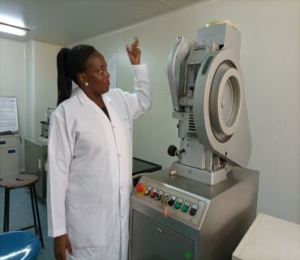
“What we do here is to promote best practices through training and helping the drug companies to assess their practices for best results,” says Dr Manyanga, emphasizing that pharmaceutical laboratories in East Africa and beyond need to improve their testing infrastructure.
“We are the pioneers in proficiency testing of these products in the region,’’ she says, revealing further that plans are underway to expand services to cover Africa, as well as encourage the WHO to use the lab for samples that come from African industries; for quality, convenience and cost-effectiveness.
Reports obtained by MedicoPRESS from MUHAS show that the lab has so far organised five regional PT schemes on Amoxicillin tablets, Ofloxacin eye drops, Paracetamol tablets, and Quinine Tablets and Albendazole tablets since 2013.
Countries that have recently sought services at the lab include Tanzania, Kenya, Uganda, Rwanda, Burundi, Eretria, Seychelles, Congo DRC as well as Ethiopia.

